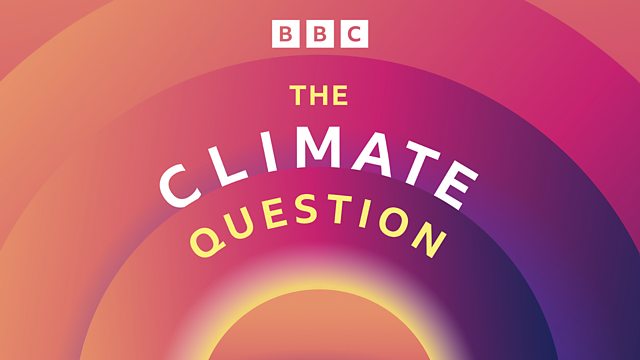Should we ‘dim the sun’ to save the planet?
Some scientists are calling for more research into ‘solar geoengineering’ - the controversial idea of using technology to cool global temperatures.
Scientists agree that cutting carbon emissions as soon as possible is key to tackling global warming. But as emissions continue to rise, some are now calling for more research into measures that could be used alongside decarbonisation, including – controversially – what’s known as ‘solar geoengineering’ technologies.
One idea being considered is spraying light-reflecting particles into the atmosphere to temporarily cool down the earth. It may sound far-fetched, but the idea is based on naturally observed effects following volcanic eruptions. Scientists are now asking whether we could mimic those effects to avoid the worst climate impacts.
But research into this technology is not without opposition. A recent solar geoengineering experiment in Sweden got cancelled following a fierce backlash from indigenous and environmental groups. Many say tampering with the climate in this way is too risky to ever try in the real world.
So how does solar geoengineering work? What are the risks? And will we ever have to use it?
Contributors:
Elizabeth Kolbert, staff writer at the New Yorker and author of Under a White Sky
Asa Larrson-Blind, Vice-President of the Saami Council
Raymond Pierrehumbert, Halley Professor of Physics at the University of Oxford
David Keith, Professor of Applied Physics and Public Policy at Harvard University
Presenters: Neal Razzell and Graihagh Jackson
Producers: Zoe Gelber and Jordan Dunbar
Series producer: Rosamund Jones
Editor: Emma Rippon
Last on
Broadcasts
- Mon 31 May 2021 01:32GMTÂ鶹ԼÅÄ World Service
- Mon 31 May 2021 08:06GMTÂ鶹ԼÅÄ World Service
- Mon 31 May 2021 12:32GMTÂ鶹ԼÅÄ World Service East and Southern Africa, South Asia, West and Central Africa & East Asia only
- Mon 31 May 2021 19:06GMTÂ鶹ԼÅÄ World Service except East and Southern Africa & West and Central Africa
Podcast
-
![]()
The Climate Question
Why we find it so hard to save our own planet, and how we might change that.


